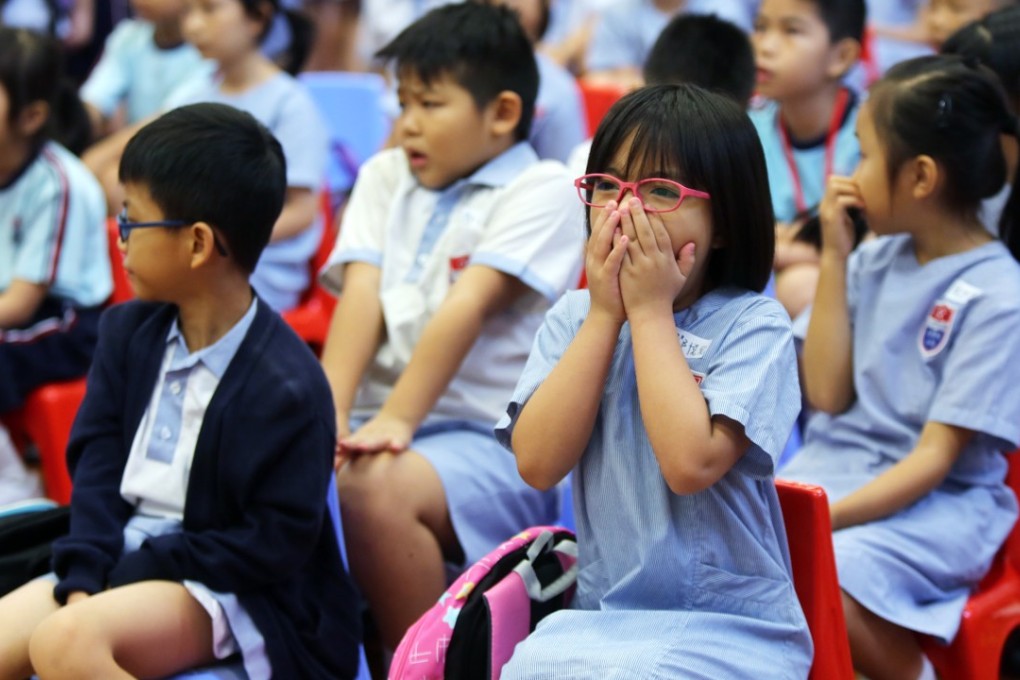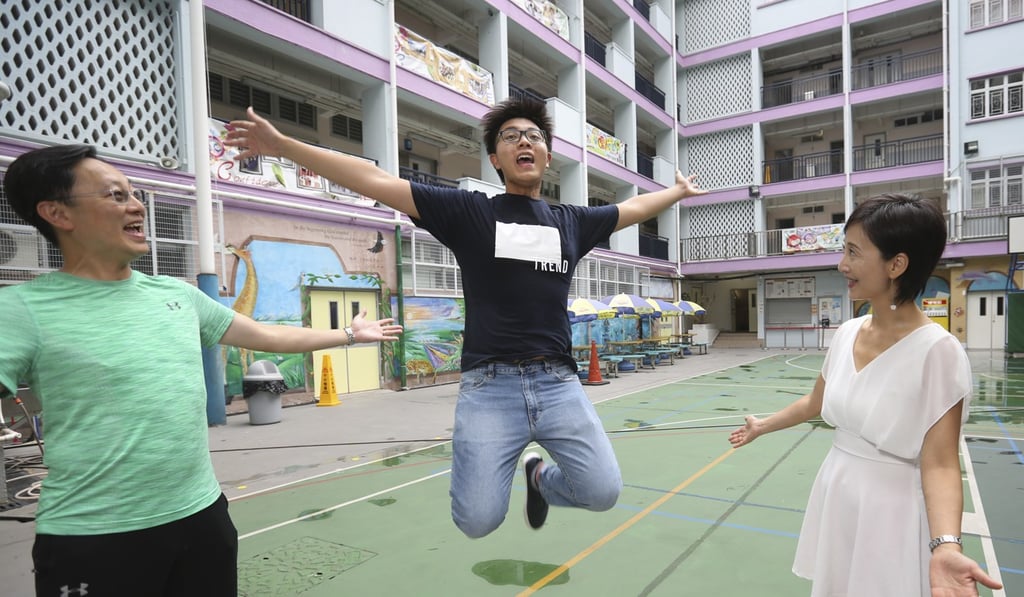Why Hong Kong schools should build kids’ confidence, not destroy it
Kelly Yang says there are ways to restore self-belief in children struggling with the stresses of Hong Kong’s school system. There is, after all, more to education than just grades

When I started teaching in Hong Kong in 2005, I set out to achieve one very specific goal: to teach Hong Kong kids to become better writers. I was pleasantly surprised at how quickly they picked up the technical skills. Yet their essays lacked fervour. They lacked urgency. They sounded ... bland. That’s when I realised to make a story really good, you have to take risks. You have to be willing to share a deeper emotional truth, and for that you need confidence.
Low-income Hong Kong families seek subsidies for computers, extra-curricular activities
If I wanted to make my students better writers, I had to build them back up emotionally. So, for the past 12 years, that’s what I’ve been doing. It’s not easy, especially children who already feel defeated at the age of 10. I’m not just talking about the kids at the bottom; it’s also those at the top. They’re under enormous pressure to “keep performing”, like a racehorse, not a child. This can have lifelong physical and emotional effects.

Every child is like a puzzle and, to figure them out, you have to be part therapist, part mentor, part teacher. You have to be willing to sift through the huge sandpit of fears and inhibitions until you find the one thing they enjoy learning for the sake of learning – and go from there.
Student suicide prevention body in talks with Google and Facebook to help at-risk Hongkongers
Yet, rather than having to build up our children, there’s no doubting it would be better if we didn’t break them down in the first place. It would be wonderful if we, as parents, talked to our children about things other than school. Maybe then, they wouldn’t fear that our love is tied directly to their grades.
